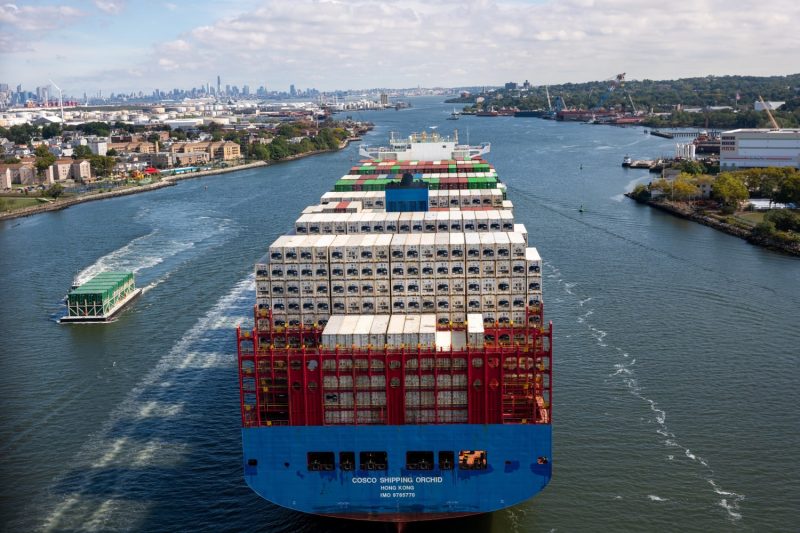The recent strike at East and Gulf Coast ports has disrupted shipping operations and caused significant economic impact. Thousands of workers have walked off the job in protest against poor working conditions, low wages, and lack of job security. This strike not only highlights the challenges faced by workers in the maritime industry but also serves as a wake-up call for labor relations and the need for better working conditions across various sectors.
The shutdown of these ports has had far-reaching consequences, with cargo ships unable to load or unload, causing delays in delivery schedules and disruptions to supply chains. Businesses that rely on timely shipments are facing financial losses, while consumers may experience shortages of essential goods and products.
The striking workers are demanding fair wages that reflect the essential nature of their work, as well as improved safety measures and job security. Many of these workers perform physically demanding and often dangerous tasks, yet they are undervalued and undercompensated for their efforts. The strike is a collective response to years of neglect and exploitation, as workers are calling for better treatment and respect from their employers.
In addition to the immediate impact on shipping operations, the strike also raises broader questions about labor rights and the power dynamics between workers and management. The current labor dispute underscores the need for stronger protections for workers, including the right to organize and negotiate fair wages and working conditions. It is crucial for companies to prioritize the well-being of their employees and to address any grievances in a timely and constructive manner.
The solidarity shown by the striking workers is a testament to the strength and unity of the labor movement. By standing together and speaking out against injustice, these workers are sending a clear message that they will not accept exploitation or mistreatment any longer. The strike serves as a powerful reminder that workers have the right to demand fair treatment and to fight for better working conditions.
As the strike at East and Gulf Coast ports continues to unfold, it is essential for all parties involved to engage in meaningful dialogue and negotiations to reach a resolution that is fair and equitable for everyone. By addressing the underlying issues that have led to this labor dispute, there is an opportunity to create a more just and sustainable working environment for all workers in the maritime industry.
In conclusion, the strike at East and Gulf Coast ports highlights the urgent need for improved labor practices and better working conditions for maritime workers. This labor dispute serves as a wake-up call for companies to prioritize the well-being of their employees and to engage in fair and transparent negotiations to address workers’ concerns. By standing together in solidarity, workers have the power to demand change and create a more just and equitable workplace for all.

